Five words from the blurb: Chicago, society, Illinois, farmers, ideals
Selina Peake, the central character in So Big, is one of the strongest women in literature. After the death of her father, a gambler who always looked for the most exciting things life had to offer, Selina moves to Illinois to become a teacher. This rural community is very different from the high society life she led in Chicago and Selina must work hard to survive. Life isn’t good to Selina and she has a string of problems, but she copes with them all, despite the disapproval of a society who believe women should not work outside the home. Selina was a groundbreaking character for the time and nearly a century on it is still possible to admire her courage and resilience.
I wasn’t convinced I’d enjoy a story about Dutch farmers in Illinois, but Selina was an amazing character and I fell in love with her. The plot felt quite slow, but on reflection an amazing number of events occurred in Selina’s life. The writing was wonderful and apart from having to get the dictionary out a few too many times, I had no complaints.
The main theme of the book was encouraging people to live life to the full and that money does not bring happiness – topics which are just as relevant now as they were back then. I loved the advice given to others throughout this book:
“The more kinds of people you see, and the more things you do, and the more things that happen to you, the richer you are. Even if they’re not pleasant things. That’s living. Remember, no matter what happens, good or bad, it’s just so much” – he used the gambler’s term, unconsciously – “just so much velvet.”
This is a wonderfully rich story that can also be taken as a guide to the important things in life. Recommended.

.
The thoughts of other bloggers:
Exquisitely crafted and lovingly plotted, it is story that is worthy of the Pulitzer. Caribousmom
Selina is one of the most powerful and memorable characters I’ve ever read. The Book Nest
…infused with meaning not found in many books. Musings
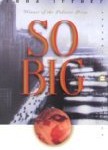
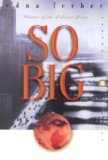

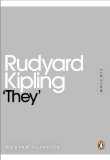


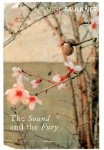
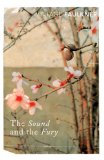
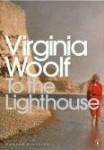
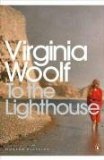
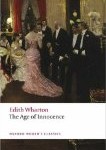
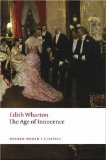
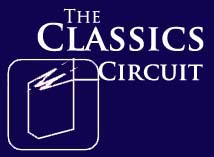 I read The Age of Innocence for the
I read The Age of Innocence for the